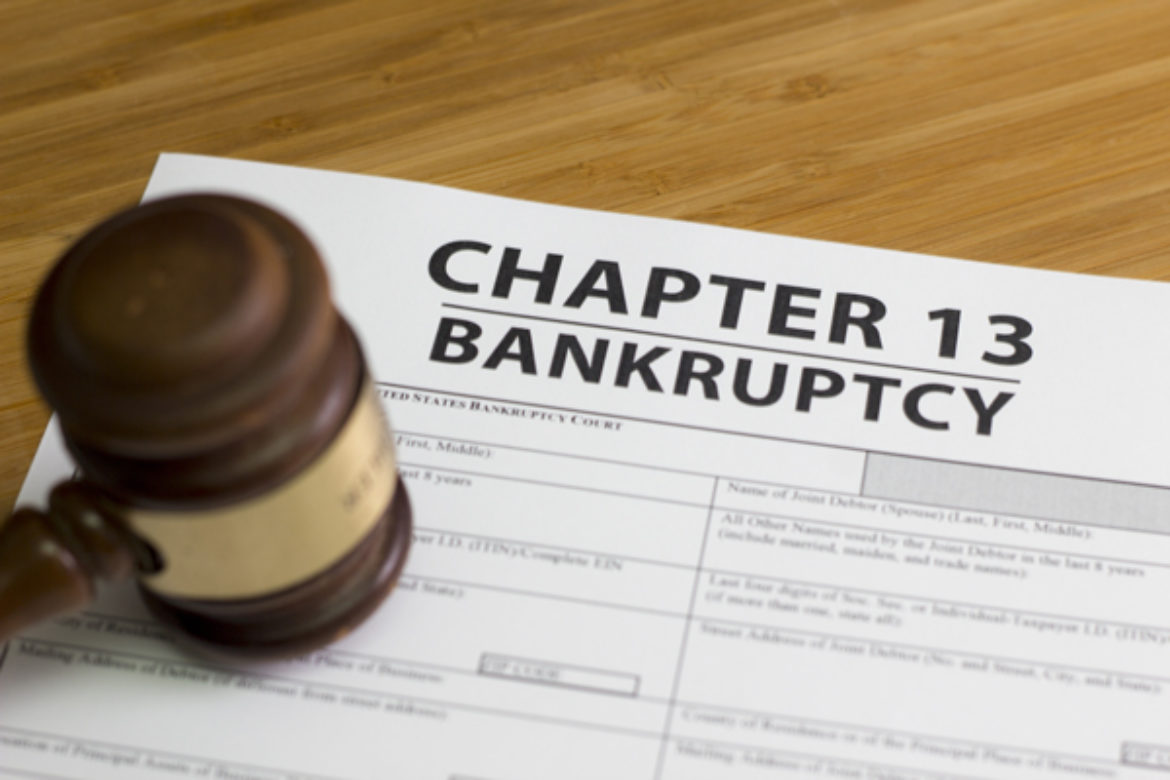
Bankruptcy
JHP Attorneys specialize in bankruptcy law and offer services for chapter 7, chapter 11 and chapter 13.
Bankruptcy is intended to give individuals and families a financial fresh start through liquidation or reorganization, under the protection of the bankruptcy court. The most important bankruptcy sections for temporary or permanent relief are Chapter 7 and Chapter 13.
Any person 18 years or older may file bankruptcy, regardless of their citizenship status, and married couples may file jointly or individually. Once you file a bankruptcy petition, an automatic stay against all creditors will immediately go into effect. The automatic stay should stop creditors from contacting you about your debts and punishes those who continue to harass you.
Bankruptcy can allow you to stop the following: foreclosure, weeds garnishment, lawsuits, creditor harassment, and repossessions. It can also eliminate the following: credit card debt, medical bills, utility bills, deficiency judgments, personal loans and junior liens
People who represent themselves usually will make mistakes and end up hurting their case. Our bankruptcy attorneys will be able to explain terms and provide advice on how to proceed to successful conclusion.
CORPORATE CREDIT:
Many consumers are under the impression there is nothing that can be done to change the information on the credit reports. Thankfully, this is not true federal law gives you the right to have misinformation on your credit report corrected. You are solely responsible for assuring that your credit information accurately represents you as the customer.
The fair credit reporting act (FCRA) gives you the right to contact credit bureaus directly and dispute items on your credit reports.
You can dispute any and all items that are in accurate, and timely, misleading, biased, incomplete or unverifiable (questionable items). If the bureaus cannot verify that the information on the reports are correct and reported and timely matter per federal regulations, then those items must be deleted.
Disputing items on your credit report should be easy, that many consumers give up before they even see results. They don’t take time to learn their relative consumer protection rights and formulate a statute-based plan of attack, and their request for credit justice results in frustration.